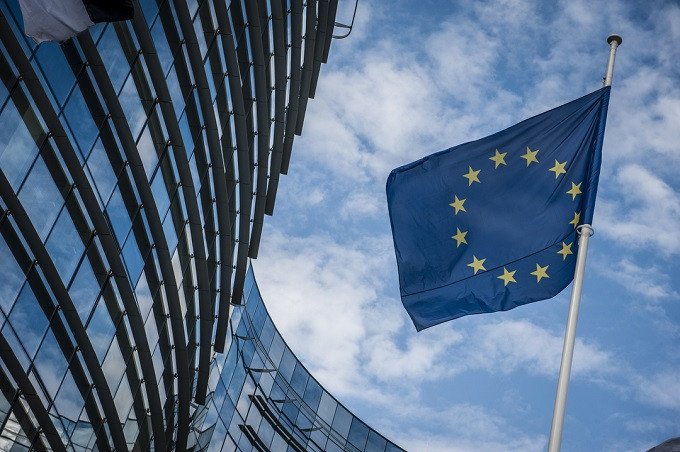We are not going to punish any country for their stance on Russian invasion of Ukraine, says diplomat

ISLAMABAD: The European Union has assured Pakistan that its stance on the Russia-Ukraine conflict will have no bearing on the inclusion of Islamabad in the next 10-year GSP+ (Generalised Scheme of Preferences Plus).
“We are not going to punish any country for their stance on Russian invasion of Ukraine,” said a western diplomat while requesting anonymity.
Pakistan was under pressure from the West, particularly from the United States, to explicitly condemn the Russia invasion. Former prime minister Imran Khan accused the US of orchestrating his ouster to punish him for pursuing an independent foreign policy on the Russia-Ukraine issue.
There has been a subtle shift in Pakistan’s position since the new government took charge, overall, however, Islamabad still maintains a delicate balance.
Since the Russia invasion has threatened Europe’s security, there have been concerns that the 27-nation bloc might punish those countries not supporting their position on the Ukraine war.
Also read: EU team told about steps to extend Pakistan GSP+
Pakistan, in particular, was worried that its chances of getting extension in the GSP+ scheme might get complicated.
But a western diplomat made it clear that Pakistan’s case on the GSP+ will not be decided on “political issues”. Instead the decision would be based on the progress the country has made in implementing 27 international conventions that Islamabad was signatory to.
A European Union monitoring mission comprising officials from the European External Action Service (EEAS) and the European Commission’s Directorates-General for Trade and for Employment, Social Affairs and Inclusion recently visited Pakistan to make an assessment of the effective implementation of the 27 international conventions.
The GSP+ (Generalised Scheme of Preferences Plus) provides wide-ranging tariff preferences for imports to the EU from vulnerable developing countries to support poverty eradication, sustainable development and their participation in the global economy as well as reinforce good governance.
Eligible countries like Pakistan can export goods to the EU market at zero duties for 66% of tariff lines. This preferential status is conditional on GSP+ countries demonstrating tangible progress on the implementation of 27 international conventions on human and labour rights, environmental protection, climate change and good governance.
A statement issued here by the EU mission said GSP+ has been very beneficial for Pakistani business increasing their exports to the EU market by 65% since the country joined GSP+ in 2014.
The European Single Market, with over 440 million consumers, is Pakistan’s most important destination. Pakistan exports worth EUR 5.4 billion (approx. PKR 1.2 trillion), namely garments, bedlinen, terry towels, hosiery, leather, sports and surgical goods.
Also read: Many GSP Plus areas still untapped
The EU monitoring team held meetings with the government, the UN Country Team, International Labour Organization (ILO), business and civil society representatives as well as other stakeholders.
The findings of the mission will be part of the next GSP report, which is due to be presented to the European Parliament and the Council towards end of 2022.
The European Union continuously monitors the implementation of relevant 27 international conventions drawing inter alia on the reports and information by the UN and other international agencies that are custodian of the respective convention.
The EU regularly sends monitoring missions to assess the situation on the ground and to subsequently reflect its evaluation in the publicly available report to the European Parliament and to the EU Member States in the Council. So far, three biennial reviews have been concluded in in 2016, 2018 and 2020, respectively.
Apart from Pakistan, the EU currently unilaterally grants GSP+ tariff concessions to Bolivia, Cabo Verde, Kyrgyzstan, Mongolia, the Philippines, Sri Lanka and Uzbekistan. The current GSP framework is coming to an end in December 2023. Legislative process on its successor for 2024-2033 is ongoing.
Courtesy : Express Tribune